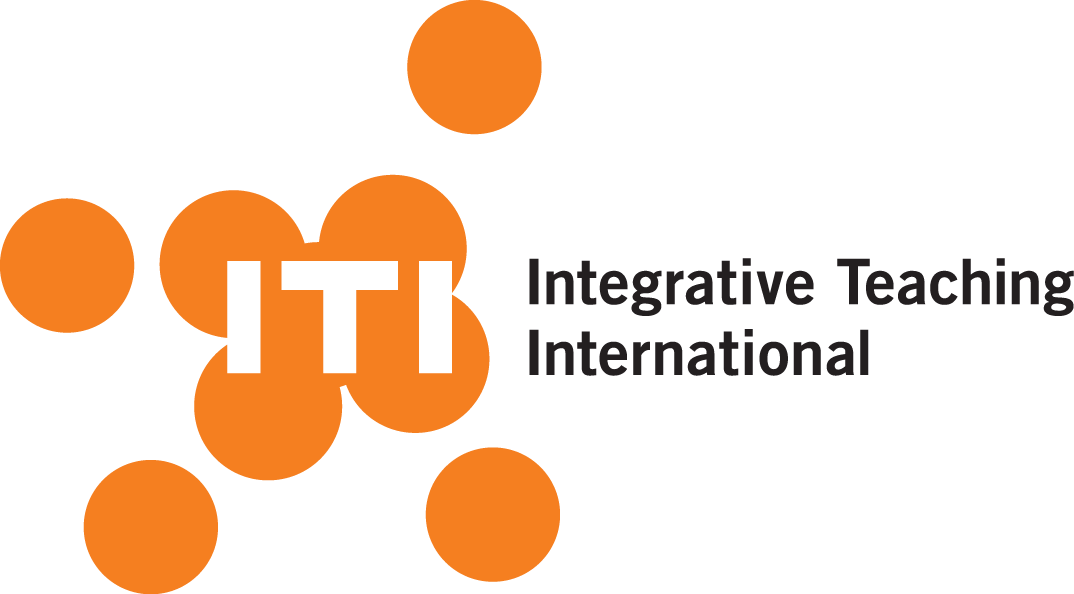Continuous Change: FLUX + Foundations
ThinkCatalyst@FATE 2019 // Columbus College of Art & Design
Registration can be submitted online here starting October 1st, 2018 and will close March 10, 2019.
ThinkCatalyst will kick off on the morning of April 3rd, 2019, and have a registration fee of $75 that will include lunch.
ThinkCatalyst@FATE2019 is a coordinated and programmed session developed by Integrative Teaching International in collaboration with FATE educators. A ThinkCatalyst promotes and facilitates intense and energetic dialogue, activities, and presentations geared towards innovative practical applications for the classroom and beyond. TC@FATE2019 is an intensive 1 day program where ITI facilitators work alongside educators, administrators, artists, and graduate students to address contemporary and regionally significant issues in art and design higher education. ThinkCatalyst is open to all artists, educators and administrators from any experience level. Topics for TC@FATE2019 breakout groups are listed below. Registration for breakout groups is on a first come, first served basis, with a maximum of 12 participants per group.
Our target audience for this intensive includes:
1. Current MFA candidates in studio art and design, or recent MFA degree recipients, with at least 1 semester of Foundations teaching experience.
2. Current PhD candidates, or recent PhD degree recipients, with at least 1 semester of teaching experience in art theory, educational theory, or contemporary art practices.
3. Foundations Coordinators.
4. Emerging Educators in Foundations (1-5 years of experience).
5. Higher Education Arts Administrators and Program Directors.
The three breakout discussion groups are:
1. Maintaining Relevance in an Age of Immediacy and Constant Flux
Trying new approaches is core to the learning and teaching processes, but often carries real or perceived risks Every part of our lives are profoundly woven with a multitude of people, places, and information. We live in a world of instantaneous responses, gain knowledge on almost any subject at any time. Students can learn to draw, paint, weld, build and troubleshoot by watching master technicians in the comfort of their own homes. Some programs and faculty are resisting this change, while others are finding new ways to connect with our students on a human level as we navigate through issues in the educational, social, and political realm. How do art programs remain student-centered and adapt to meet the abundance of new information to stay current? This group will examine this quest for relevance as an opportunity to embrace new strategies that provide possibilities for artistic research and inquiry. Is it possible that this paradigm shift has (re)defined the arts and created a moment for art programs to develop new directions and methodologies?
2. Artist / Activist: Part II
Continuing our conversation from TT10, this group considers the role activism plays on college and university campuses today. Considering the current political climate, it would seem that activism—from all directions and on multiple issues—will only increase. What roles should/shouldn’t—faculty play in these arenas? How do such rules shift from public to private institutions? Is there a space for neutrality? Is silence or complicity an obligation to preserve academic freedom? Throughout history art and design has played a role in both urging change and in shoring up the status quo - how should our teaching address the political power of creative voices? Participants are encouraged to bring specific assignments and readings to share with the group; one goal of this group is to exchange of ideas and project examples/exercises that help give faculty a framework for tackling a tough subject.
Registration closes March 10th, 2019.
ThinkCatalyst Fellowship application deadline:
Feb 28, 2019, and notifications will be sent out in March 2019
Columbus College of Art & Design will host Foundations in Flux, FATE's 17th Biennial Conference from April 4th - 6th, 2019. There FATE members will gather as leading voices in fundamental art and design instruction and examine place, geography, introspective and reflexive actions, pedagogical values, and the potency of origins across the world.
Together, we will develop strategies for developing new approaches to teaching and learning at the college level. Our goal is to use our shared experiences to develop integrative approaches to foundations education, developing the possibilities inherent in visual art and design to communicate values that operate within the broadest cultural equations. As shared experience, they also define the community ethic that is an essential value of ThinkTank.
